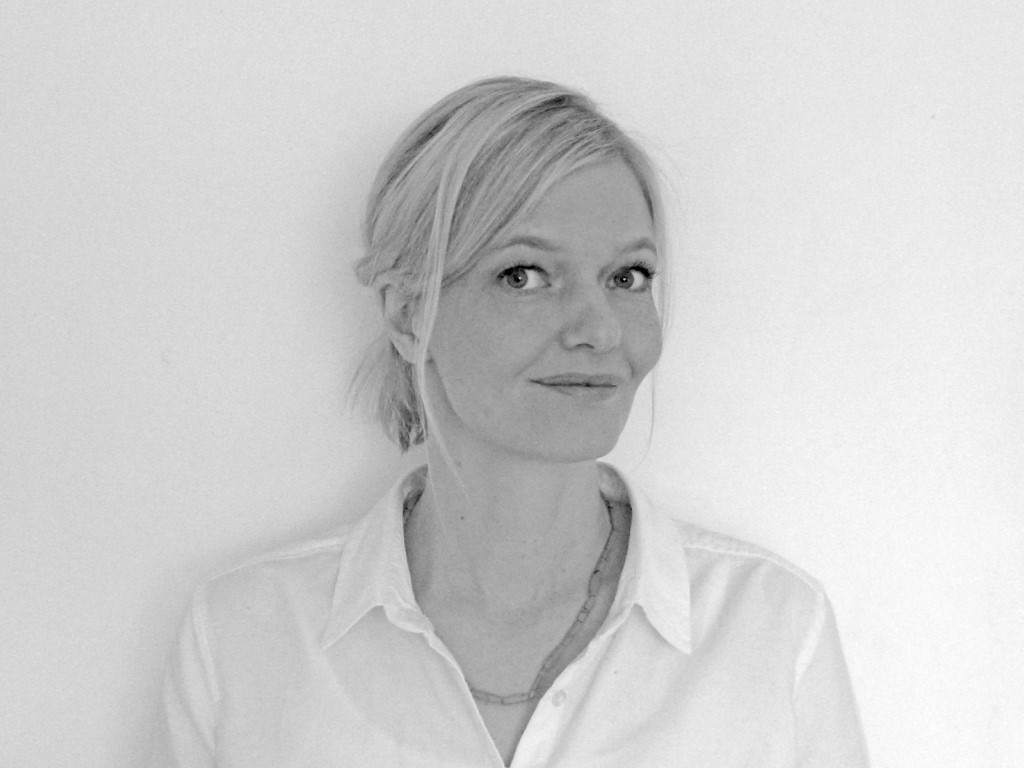How can the Council of Europe better take Finnish civil society into account?
The visibility of the Council of Europe among its 700 million citizens the 46 member states is a talking point. How can it ensure that its work in enhancing human rights, democracy and rule of law is better known in relation to human rights and rule-of-law issues in European democracy?
One way to improve the current situation is for national non-governmental organisations (NGOs) to be more informed and strengthened to participate in the activities of the organisation, for example, through national consultations.
The Finnish Delegation of the Parliamentary Assembly of the Council of Europe (PACE) organised on an event on this topic on January 20, 2023, at the Parliament of Finland. The objective of the event was to activate and inform Finnish civil society about the work of Council of Europe, as well as discuss having Finland regularly organise consultation on the Council of Europe work among the Finnish civil society. There were around 50 participants from NGOs, ministries and parliament. The broad participation of the NGOs is significant, because currently only two or three Finnish NGOs participate in the work of the Council of Europe.
In his opening speech, Kimmo Kiljunen (Member of Parliament and chairperson of the Finnish delegation to PACE) emphasised the importance of the role of civil society as the cornerstone of democracy and requested that Finnish authorities to better inform Finnish civil society about the possibilities to engage with the Council of Europe.
Human-rights adviser Anu Välimäki, from the Permanent Representation of Finland in Strasbourg, presented numerous ways in which NGOs can participate in the Council of Europe.
Tiina-Maria Levamo, Senior Child Rights and Advocacy Adviser of Save the Children Finland, shared her experiences as an observer of the Lanzarote Committee as a representative of Save the Children International.
She said, “When I started at the Save the Children, I decided that we should nationally monitor the implementation of the Lanzarote Convention in our advocacy work. The agreement protects children from sexual violence. Finland ratified this human rights convention as early as 2011, but an implementation plan for the convention has only been drawn up in Finland during this government term (largely as a result of the strong influence of NGOs).”
Levamo also reminded the audience that the observer status of the monitoring bodies of the Council of Europe’s human-rights treaties opens opportunities for NGOs to understand the challenges of the implementation of the states that have ratified the treaties. Additionally, observer status enables participation in the various NGOs’ joint efforts and provides a channel for the international exchange of information about ongoing work and initiatives.
Rilli Lappalainen,board member of the Council of Europe’s North-South Center, chairperson of CONCORD and Fingo’s Director of Sustainable Development emphasised the importance of the work of NGOs and that the Council of Europe is not exactly known in Finland. Lappalainen urged the authorities to regularly consult and inform organisations about their work.
Kaari Mattila, Secretary General of the Finnish League of Human Rights, highlighted the important work of human-rights defenders and emphasised how individual organisations participate in the work of the Council of Europe in a variety of ways. She gave examples of the shadow reports done for the Council of Europe Social Rights Charter, the meetings of delegations of convention monitoring committees during visits to Finland, statements and various kinds of consultations.
The Council of Europe’s new civil society handbook and portal Working with the Council of Europe: A Practical Guide for Civil Society were also presented at the event.
Writer: Anu Juvonen, Policy Adviser, Council of Europe





